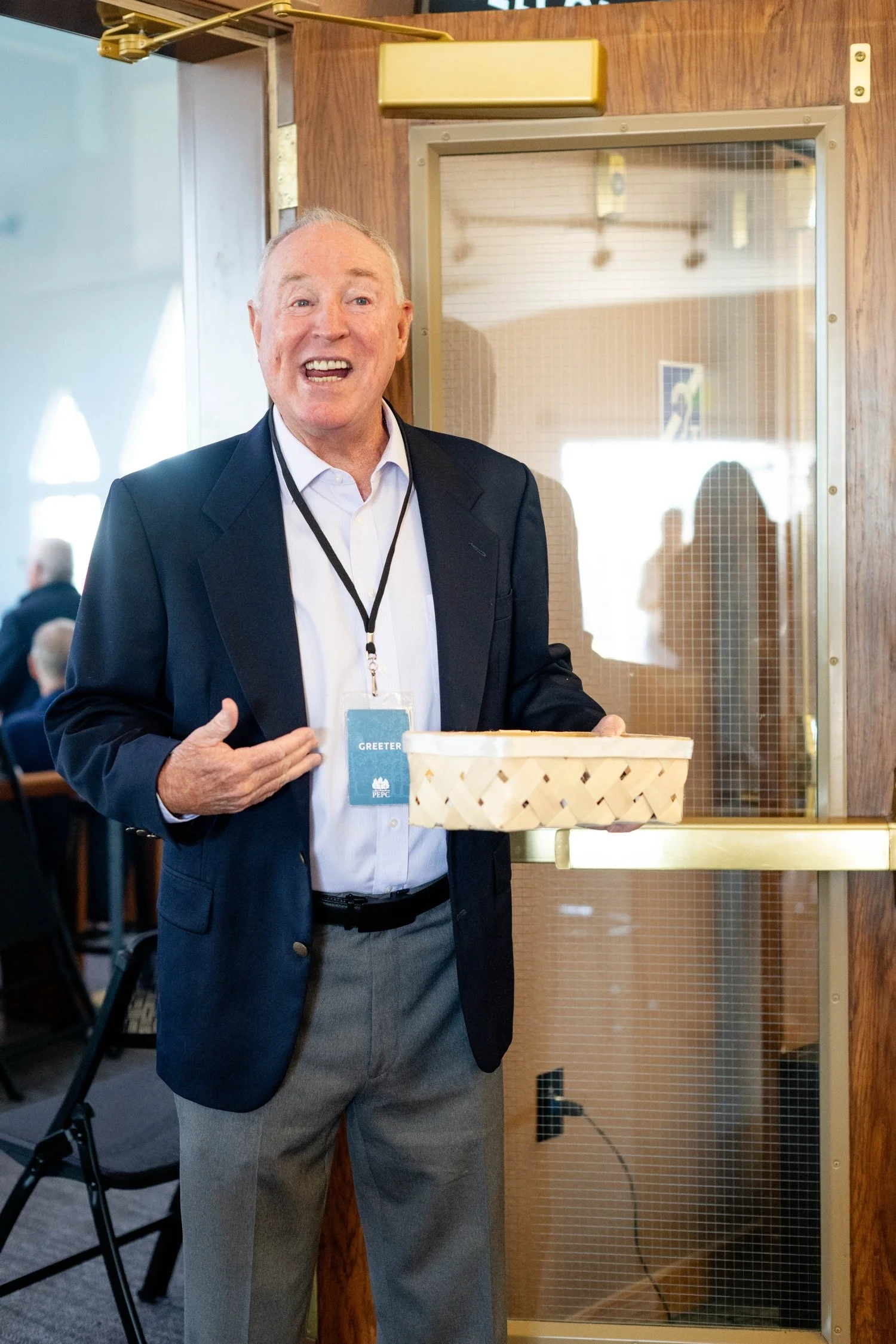Readings for today: Matthew 27:1-31, Mark 15:1-20, Luke 23:1-25, John 18:28-40, 19:1-16
Why did Jesus die? There are all kinds of answers. The most common answer is the theological one. Jesus died to take away the sins of the world. Jesus died in our place. Jesus died the death we deserved thus setting us free from the judgment of God. This is absolutely right and something every single Christian should affirm. However, it’s only part of the picture.
To the Jewish authorities of His day, Jesus died because of blasphemy. He committed the most serious religious offense one could possibly commit by setting Himself up as the Son of God. He claimed to forgive sin in addition to healing disease, casting out demons, and even raising the dead. He taught as one who had divine authority not as the other teachers of the Law. He even claimed to be equal to God. All of these things, plus His growing popularity, made Him a dangerous threat to the religious groups who were vying for public approval so they had Him killed.
To the Roman authorities of His day, Jesus died because of political expediency. It was simply easier to put Him to death than have to deal with the civic unrest caused by His arrest and secret trial. Pilate could find no fault with Him. Nothing that would require the death penalty. He even tries to pardon Jesus several times or appease the crowd by having Him scourged or release Him according to ancient custom. None of it will do. The crowd smells blood. The religious leaders threaten to report Pilate to Caesar. Herod is no help. So Pilate tries to wash his hands of the whole thing and give the people what they want. He makes the decision to have Jesus crucified.
To the disciples, Jesus died tragically. They didn’t know about the resurrection. They didn’t realize this was all part of God’s grand plan. All they knew was that their beloved rabbi was arrested at night, illegally tried and imprisoned, falsely accused, unjustly tortured and eventually executed. They were helpless to do anything about it. All they could do was stand by and watch as it all went down. Then they scattered in fear that the same thing might happen to them.
The death of Jesus is one of the clearest examples of how God uses everyday, ordinary means to accomplish His divine will. It was His will for Jesus to suffer and die on a cross. This was God’s plan from eternity. It’s foreshadowed in prophecy after prophecy from the Old Testament. There was nothing humanity could have done to delay or stop it from happening. At the same time, human beings made real choices along the way. We exercised our free will and God used the decisions we made to bring about His sovereign will. The Jewish leaders freely chose to accuse Jesus of blasphemy and bring political pressure to bear on Pilate. Pilate freely chose to cave to the pressure and condemn Jesus to death on a cross. The crowds freely chose to call for Jesus’ crucifixion. None of them were forced to make those decisions. None of them realized the gravity of their decisions until after the fact.
At the end of the day, Jesus had to die because God decreed it. And God decreed it because God’s great desire is to bring an end to the powers of sin and death. And God’s decree was necessary because humanity sinned and fell short of the glory God intended. So we are the ones who are ultimately responsible. It was our sin that put Him on the cross. It was for our sake that He died.
Readings for tomorrow: Matthew 27:32-66, Mark 15:21-47, Luke 23:26-56, John 19:17-42, Psalm 22




